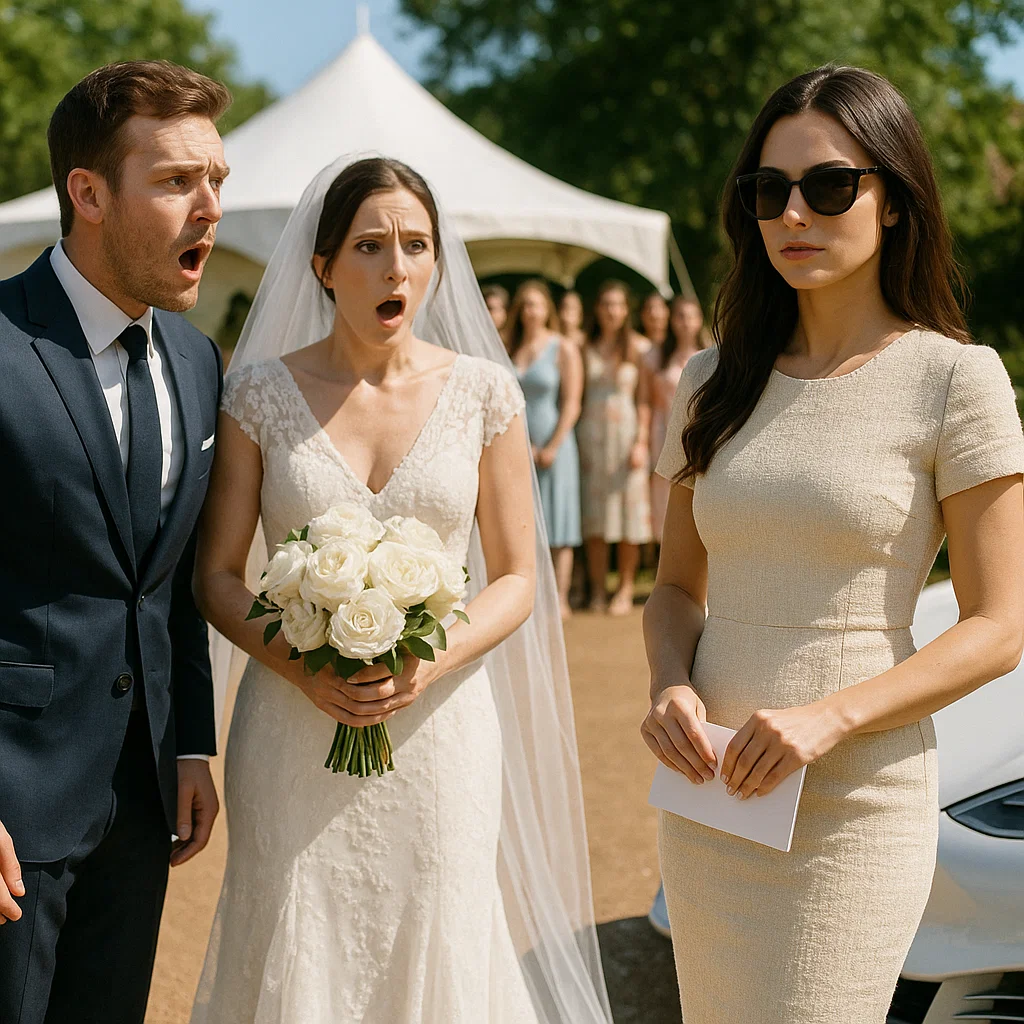

The Friend Who Vanished with $8,000
Hannah and I had been inseparable since college.
Two small-town girls from Oregon, we shared a cramped dorm room at UCLA, living on instant noodles, secondhand furniture, and late-night dreams of making something of ourselves.
After graduation, life took us in different directions.
I found a job as an accountant in San Francisco.
Hannah stayed in Portland, working in sales and renting a small apartment downtown.
Still, we called every week, trading stories about long workdays and the silly things we missed about home.
Then one evening, I received a message that made my stomach twist.
“Amy, I need your help. My dad’s sick, and the roof at home just collapsed. I’ll pay you back within a year, I promise.”
It wasn’t an easy decision.
That money — just over $8,000 — was everything I had saved.
But she was my best friend.
So I sent it.
Hannah cried over the phone, calling me “the best person she’d ever known.”
And then… she disappeared.
No texts. No calls.
Her social-media accounts vanished overnight.
I tried to reach her family, but they’d moved away months before.
It felt like I’d lost not only money but a piece of my history — the person who had once been my sister in all but blood.
For years, I told myself there must be a reason.
Maybe she was in trouble. Maybe one day she’d call.
But she never did.

Three Years Later
Time dulled the anger, but not the hurt.
I met Ryan Carter — gentle, steady, and endlessly kind — and for the first time in years, I felt safe again.
We dated, fell in love, and decided to get married in a small garden just outside San Jose.
It was a perfect day — sunlight filtering through the trees, soft jazz in the background, friends laughing over champagne.
Until a white Tesla pulled up at the gate.
The door opened, and out stepped a woman in a cream designer dress, red heels, and dark sunglasses.
The scent of perfume drifted through the air as she walked toward me.
My heart stopped.
It was Hannah.
She smiled as though nothing had ever happened and handed me a thick envelope.
“Congratulations, Amy,” she said quietly. “You deserve this day.”
I froze. Every guest around us stared as I opened it.
Inside was no card, no gift — only a folded sheet of paper.
At first, I thought it was a letter of apology.
But it wasn’t.
It was a bank statement.
A recent deposit of $8,000 — the exact amount I had lent her — appeared on the page.
In the note section, it read:
“Paid back with interest. And you… owe me an apology. — H.”
The Shock
My hands went cold.
But the transfer hadn’t come from Hannah’s account.
It came from Ryan Carter — my husband.
I looked at him, confusion and disbelief twisting inside me.
“Ryan… what is this? Do you know her?”
He hesitated, color draining from his face.
“She and I dated once,” he said quietly. “Years ago. Long before we met. I didn’t know she was your friend. I swear, Amy, I had no idea she’d come today.”
The music, the laughter, the soft chatter of guests — it all blurred into silence.
I smiled for the rest of the ceremony, posed for photos, and thanked people for coming.
But inside, something shattered.
Not because of the money.
But because the two people I had trusted most had shared a past I never knew — and neither had told me.

The Truth Money Can’t Buy
That night, after the guests had left, I sat alone in my wedding dress, holding that piece of paper.
Tears blurred the ink as I read the note again and again.
Maybe Hannah had come not to hurt me — but to remind me how easily trust can be broken.
The $8,000 wasn’t a debt repaid.
It was a message.
A cruel, beautiful kind of closure.
That night, I realized something I’d never understood before:
Sometimes the most valuable wedding gift isn’t gold, or cash, or a honeymoon.
It’s truth — no matter how painful it is to receive.
I lost a friend and a certain kind of faith that day.
But I gained something stronger: the clarity to see people as they are and the courage to move on without bitterness.
After the Storm
In time, I learned to forgive — not for them, but for myself.
Ryan and I went through months of hard conversations and counseling before rebuilding our trust.
And though the memory still stings, I’m grateful it happened when it did — early enough for me to see the truth before it was too late.
Now, whenever someone asks if I ever got that $8,000 back, I smile faintly and say,
“Yes. But what I really earned was a lesson about trust — and about the price of silence.”
Để lại một phản hồi